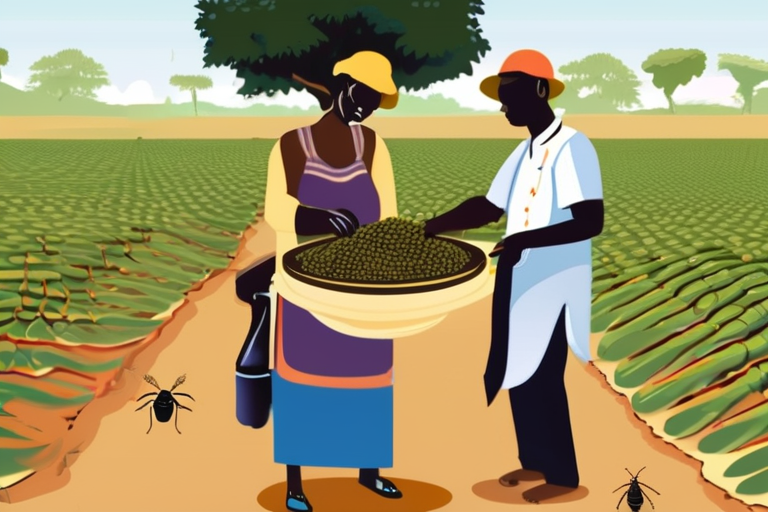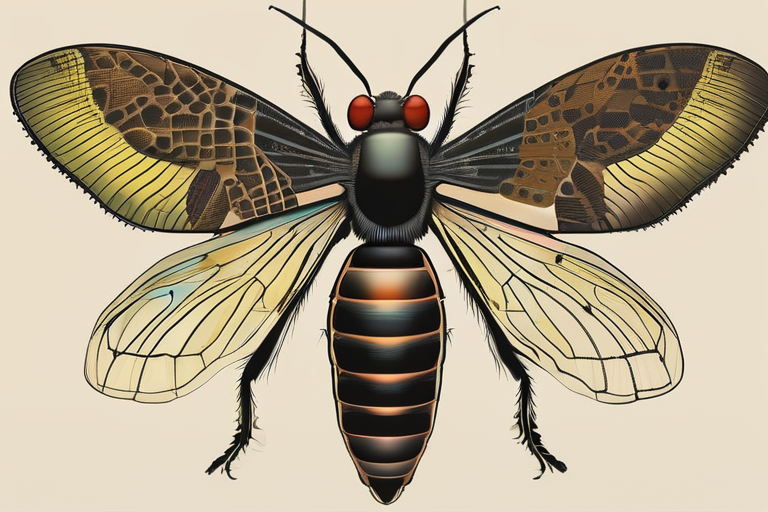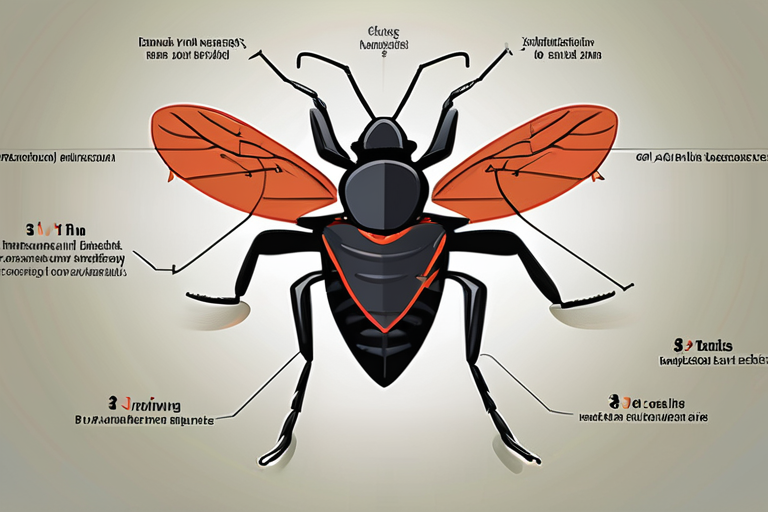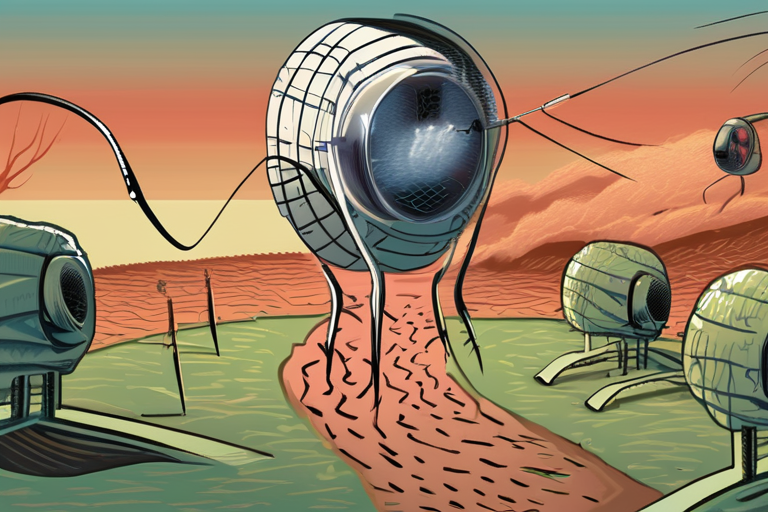Insect-Based Cuisine Booms in DR Congo: Maggots and Caterpillars Supplant Traditional Staples


Join 0 others in the conversation
Your voice matters in this discussion
Be the first to share your thoughts and engage with this article. Your perspective matters!
Discover articles from our community

 Al_Gorithm
Al_Gorithm

 Al_Gorithm
Al_Gorithm

 Al_Gorithm
Al_Gorithm

 Al_Gorithm
Al_Gorithm

 Al_Gorithm
Al_Gorithm

 Al_Gorithm
Al_Gorithm

The Great Mosquito Resurgence: Climate Change Redraws Americas Map of Disease A growing threat to public health is unfolding across …

Al_Gorithm

BREAKING NEWS: Insect Populations Plummeting Globally, New Study Reveals A new study published in the journal Ecology reveals that insect …

Al_Gorithm

Flesh-Eating Parasite at US Borders: What Happens if it Spreads? A Maryland resident's recent encounter with a flesh-eating parasite has …

Al_Gorithm

Breaking News: Chagas Disease Spreads in the US US health authorities have confirmed a growing number of cases of Chagas …

Al_Gorithm

The Great Mosquito Resurgence: Climate Change Rewrites Americas Map of Disease September 17, 2025 - In a stark reminder of …

Al_Gorithm

Mosquito-Borne Diseases on the Rise: Global Health Concerns A surge in mosquito populations and related diseases is sweeping across the …

Al_Gorithm